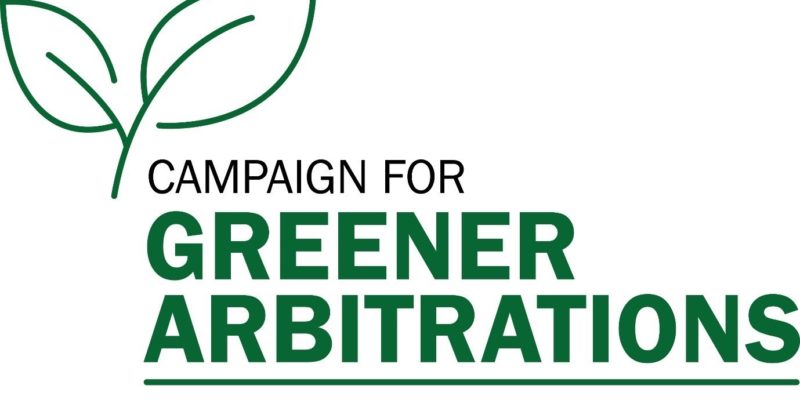2024 JCAA Arbitration Days Recap Day 1: Japanese Arbitration Trends and Practices
This year, Japan held its first ever Japan International Arbitration Week (JIAW) in Tokyo from 18-22 November 2024. Previously held as a standalone event for the first time last year, this year’s Japan Commercial Arbitration Association (JCAA) Arbitration Days featured an expanded two days of sessions in English followed by one day of sessions in…

